
Benefits of Regular Cancer Testing: Insights from Our Miami Center
At our Miami center, we witness firsthand the transformative power
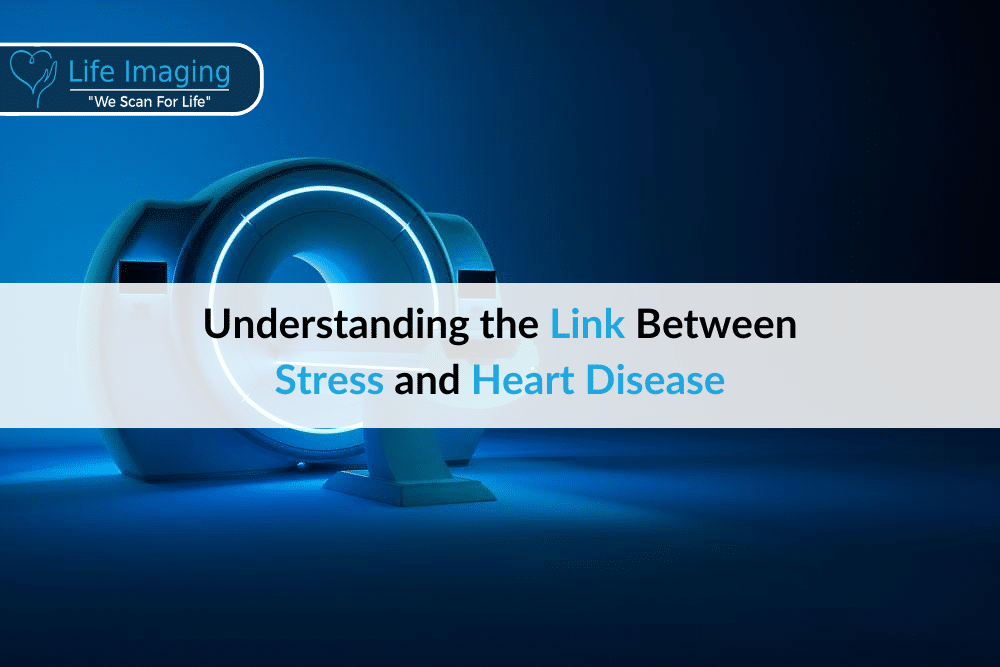
In today’s fast-paced world, stress has become an unwelcome yet ubiquitous companion, impacting various aspects of our health and well-being. One of the most concerning impacts is its connection to heart disease, the leading cause of death worldwide. As we delve deeper into the relationship between stress and cardiovascular health, it becomes crucial to understand the mechanisms through which stress affects our heart and the potential long-term consequences.
Our imaging center offers a strong emphasis on understanding these correlations for better preventive health strategies. That’s why we’re here to explore how stress triggers physiological changes that increase the risk of heart disease, review scientific studies that offer insights into this complex relationship, and discuss how early detection and proactive management at facilities like Life Imaging Fla can play a crucial role in mitigating these risks.
By breaking down the biological processes behind stress-related cardiovascular issues and highlighting the importance of advanced imaging technology in early diagnosis, this article aims to empower readers with knowledge and practical advice to safeguard their heart health against the detrimental effects of stress. Join us in uncovering the vital links between stress and heart disease, with expert insights and the latest findings in medical research.
Stress, often described as a physical or emotional tension, arises from any event or thought that makes you feel frustrated, angry, or nervous. In small doses, stress can be beneficial, such as helping you avoid danger or meet a deadline. However, chronic stress can severely affect your health, particularly your heart.
There are two main types of stress: acute and chronic. Acute stress is short-term and is the body’s immediate reaction to a new challenge, event, or demand, like slamming the brakes to avoid a car accident. Chronic stress persists over a longer period, such as stress from a demanding job or familial issues. It’s this chronic stress that can be harmful to your heart if it goes unmanaged.
When you are stressed, your body reacts by releasing hormones like adrenaline and cortisol. These hormones temporarily increase your heart rate and elevate your blood pressure, preparing your body to either fight the situation or flee from it. This “fight or flight” response is helpful in acute situations but can be damaging if it’s constantly triggered by chronic stress.
Over time, high levels of stress hormones can lead to inflammation in the arteries, which is a risk factor for heart disease. Additionally, chronic stress often leads to unhealthy behaviors such as poor eating habits, lack of exercise, and smoking, which further increase your risk of heart disease.
Experts at institutions like the American Heart Association have noted the impact of stress on heart disease, outlining how these physiological changes can increase the risk of hypertension, heart attacks, or stroke.
One of the key strategies to mitigate the impact of stress on your heart is learning effective stress management techniques. Simple activities like breathing exercises, meditation, or yoga can significantly lower stress levels and reduce the strain on your heart. Regular physical activity is also crucial as it helps to lower blood pressure and keep your heart healthy.
Not to mention, maintaining a balanced diet plays a critical role in heart health. Foods rich in omega-3 fatty acids, such as salmon and flaxseeds, have been shown to reduce stress levels and improve heart health. Ensuring you get enough sleep is equally important, as sleep deprivation can exacerbate stress and impact heart health.
Educational resources and stress management programs provided by centers like Life Imaging Fla can equip individuals with the necessary tools to handle stress and maintain a healthy heart. By adopting these practices, individuals not only enhance their quality of life but also reduce the risk of heart disease.
Early detection of heart disease plays a pivotal role in managing and preventing the exacerbation of heart-related illnesses. Life Imaging Fla, located in Deerfield, FL, specializes in advanced imaging technologies that can detect early signs of heart disease before symptoms become apparent. These imaging tests can reveal conditions like calcium buildup in the arteries, which is a precursor to atherosclerosis, a major cause of heart attacks and strokes.
By identifying heart disease early, individuals can make informed decisions about their health and adopt lifestyle changes or treatments to halt or reverse the condition. This proactive approach not only saves lives but also reduces the long-term costs associated with advanced heart disease treatments.
Recent technological advancements now allow individuals to monitor their heart health and stress levels more closely. Wearable devices such as smart watches provide features that monitor heart rates and send alerts when abnormal patterns are detected, serving as a preventive measure for heart health management.
Plus, apps designed to aid meditation, sleep, and productivity can assist in managing daily stress. Specialized apps integrate habits that promote heart health, such as moderating alcohol consumption, quitting smoking, and implementing mindful eating practices. These technologies make it easier for individuals, especially in busy locations like Deerfield, FL, to maintain a vigilant watch over their stress and heart health.
Efforts to educate the public about the dangers of heart disease and the impact of stress are crucial. Many organizations, including Life Imaging Fla, conduct seminars and health fairs to educate communities about the importance of early detection and preventive practices. These events are often free and open to all, providing valuable information that could lead to early diagnosis and treatment of heart-related issues.
Local community centers, health departments, and schools also play a pivotal role in spreading awareness. By incorporating heart health education into their programs, these institutions help cultivate a culture of health and wellness that supports long-term heart health.
Governments and corporations can also contribute significantly to reducing the prevalence of heart disease influenced by stress. Policy initiatives that promote healthier work environments, such as implementing stricter regulations on work hours and providing spaces for relaxation and physical activity, are essential.
Workplace wellness programs that encourage regular physical activity, stress management courses, and heart-healthy diets can reduce the risk of heart disease. Employers benefit from these programs through reduced healthcare costs and increased productivity, while employees benefit from improved health and well-being.
Numerous studies underscore the perilous link between chronic stress and heart disease. For instance, research has shown that individuals who report high levels of stress at work are more likely to experience a heart attack than their less-stressed counterparts. The Centers for Disease Control and Prevention (CDC) outlines that managing stress is a key component in preventing heart disease and improving overall health.
Statistical data also show disparities in heart disease rates among different groups, underlining the need for targeted health interventions that consider cultural, economic, and lifestyle factors. The ability to successfully manage stress and mitigate its effects on heart health varies widely across different communities, indicating that personalized approaches are necessary.
Education plays a crucial role in transforming knowledge into action. By understanding the specific ways in which stress affects the heart, individuals can make informed decisions about their health behaviors. Educational programs, especially community-based ones, should focus on practical, everyday strategies to reduce stress and promote heart health.
For example, cooking classes that emphasize heart-healthy recipes can encourage better diet choices, while group exercise programs can make physical activity more enjoyable and less daunting. These educational opportunities make the process of lifestyle change more accessible and sustainable.
Encouraging active collaboration between healthcare providers and patients is essential for effective stress and heart health management. This partnership allows for personalized care that can more effectively address the unique stressors affecting each individual’s heart health.
Doctors and healthcare providers can benefit from training to improve their understanding of the psychological factors that contribute to heart disease. Meanwhile, patients should feel empowered by their healthcare providers to ask questions and make decisions about their health. Such collaborative approaches ensure that both medical advice and patient experiences are aligned in promoting heart health.
Effective stress management is crucial for maintaining heart health, particularly in high-stress environments. Here are some practical tips that anyone can incorporate into their daily routine to reduce stress:
1. Regular Physical Activity
Exercise is a powerful stress reliever. It increases endorphins, which are the brain’s feel-good neurotransmitters, and it also helps divert the mind from daily worries. The American Heart Association recommends at least 150 minutes of moderate exercise per week to maintain heart health. Simple activities like walking, cycling, or swimming can make significant differences.
2. Mindfulness and Relaxation Techniques
Practices like meditation, deep breathing exercises, and yoga can decrease stress significantly. They focus on bringing attention to the present moment, which helps in managing anxiety and reducing tension. Regular practice improves one’s ability to cope with stress, which directly benefits heart health.
3. Balanced Diet
Eating a healthy diet is crucial not only for overall health but also for managing stress. Foods rich in vitamins, minerals, and antioxidants help reduce the levels of cortisol, a stress hormone, in the body. Incorporating fruits, vegetables, whole grains, and lean proteins into meals can keep energy levels consistent and mood stable.
4. Adequate Sleep
Sleep plays a vital role in managing stress and maintaining heart health. Lack of sleep has been linked to higher levels of stress hormones, poor mood, and higher risk of heart disease. Adults should aim for 7-9 hours of quality sleep per night. Good sleep hygiene, like setting a regular bedtime, limiting caffeine, and creating a comfortable sleep environment, can help improve sleep quality.
5. Managing Workplace Stress
For many, the workplace is a significant source of stress. Managing this stress is key to maintaining good heart health. Employers in Deerfield, FL, can play a pivotal role by creating a supportive work environment. This includes providing flexible work hours, encouraging breaks, and promoting a culture of positive communication.
6. Creating a Stress Management Plan
Having a plan to manage daily stress can help individuals feel less overwhelmed. This plan might include identifying stressors, setting realistic goals, and incorporating stress-reduction techniques into one’s routine. Tailoring this plan to individual needs is essential, as everyone handles stress differently.
7. Connecting with Professionals
Sometimes, managing stress requires professional help. Psychologists or counselors skilled in stress management can provide strategies to control stress effectively. Regular consultations ensure that stress does not escalate into a more serious issue that could impact heart health.
Detecting problems early can help prevent complications related to heart disease. Regular health screenings are essential, especially for those with a history of heart disease in the family or those exposed to chronic stress. Life Imaging Fla offers state-of-the-art screening technologies that can detect heart issues before they become severe, providing crucial intervention opportunities.
The well-being of a community can influence individual stress levels. Community-driven initiatives in Deerfield, FL, such as public parks for exercise, social clubs for older adults, and community gardens, can foster a supportive environment that alleviates stress and promotes heart health.
Engaging in community activities not only reduces feelings of isolation but also provides a platform for sharing health-promoting practices. Building strong community networks allows for collective actions against common causes of stress and initiatives that support heart health.
In this digital age, numerous online resources can help manage stress and improve heart health. Interactive websites, mobile apps, and virtual forums offer guidance on everything from dietary tips to exercise routines-customized for stress reduction and heart health. Leveraging these tools can help individuals stay informed and motivated.
The community of Deerfield, FL, can serve as a model by integrating these stress management strategies. With the local healthcare facilities like Life Imaging Fla, and various community resources focused on health, residents have a solid foundation to mitigate stress and enhance heart health.
Early detection facilities, proactive health policies, and community support systems together create an environment where managing stress and preventing heart disease is not just an individual responsibility but a collective effort. Such a holistic approach can substantially decrease heart disease rates, improving the overall quality of life for everyone within the community.
By combining individual efforts with community initiatives and healthcare services, Deerfield, FL, can lead by example in the fight against stress-related heart disease. The comprehensive approach ensures that residents live longer and enjoy a higher quality of life, free from the burdens of unmanaged stress and its effects on the heart.
As we have explored throughout this article, the connection between stress and heart disease is both significant and manageable. Stress, if not controlled, can lead to serious heart conditions, affecting our quality of life and longevity. However, the power to mitigate these risks lies in our hands. By adopting stress management techniques, incorporating healthy lifestyle choices, and staying vigilant with regular health screenings, we can protect our heart health effectively.
Life Imaging Fla is committed to empowering individuals through early detection and education on heart disease and cancer. By utilizing advanced imaging technology, our team offers a proactive approach to health management—spotting potential problems before they evolve into serious health issues. This proactive approach saves lives and enhances life quality, letting individuals enjoy more healthy years with loved ones.
We encourage you to take the first step towards a healthier, stress-free future. Contact us today to learn more about how our screening services in Deerfield, FL, can help you stay ahead in your heart health journey. Schedule a consultation and find peace of mind in knowing that you are taking the necessary steps to protect your heart against the adverse effects of stress.
Take action today for your heart’s health tomorrow—your future self will thank you!

At our Miami center, we witness firsthand the transformative power

Cancer screening tests are a pivotal component of modern healthcare,
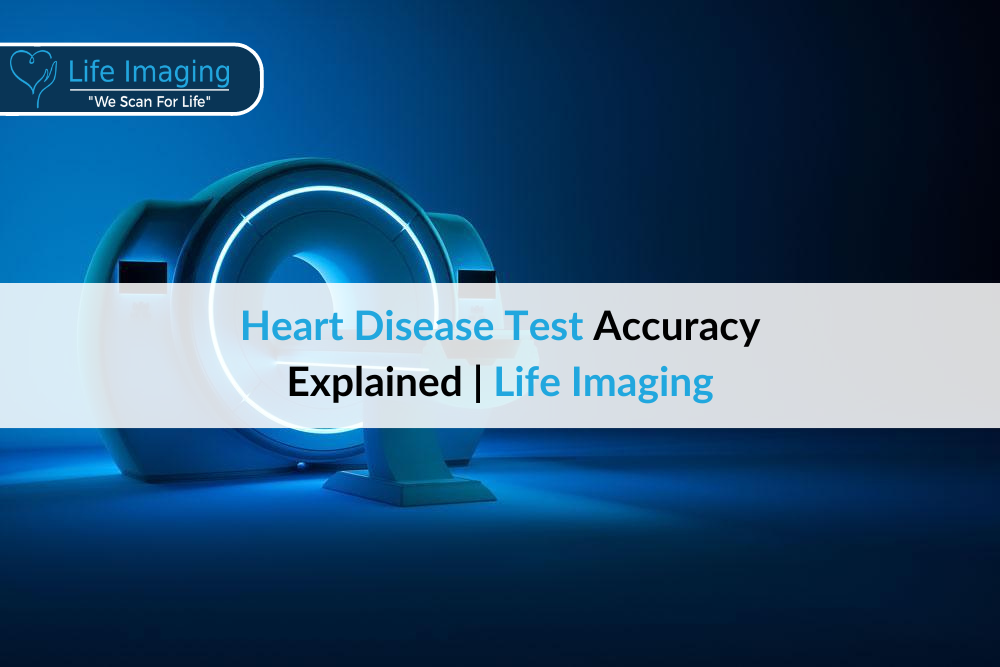
At Life Imaging, we understand that the journey toward maintaining
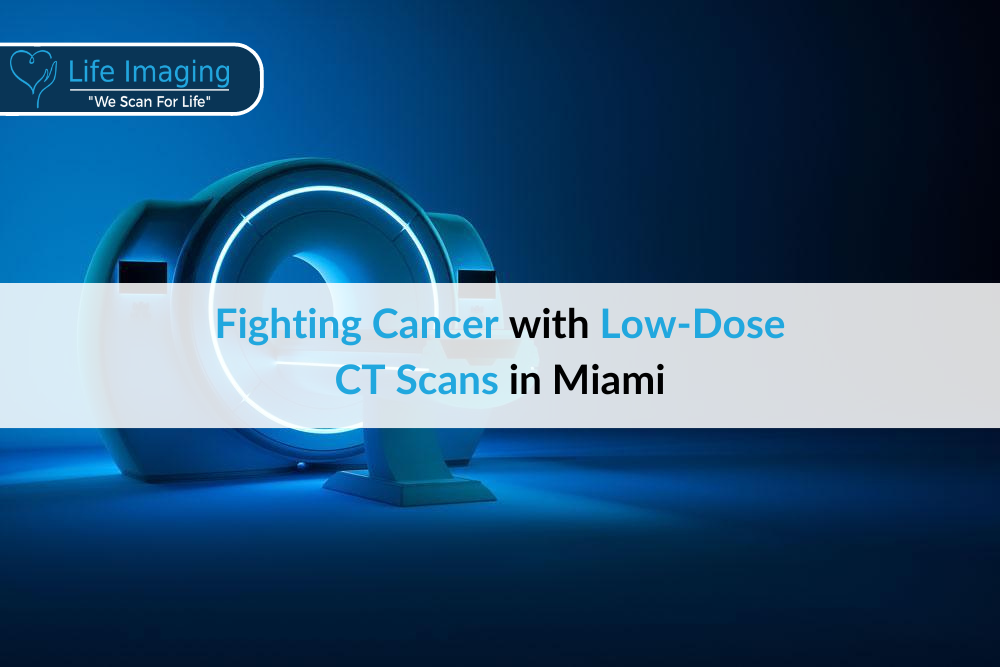
At our Miami-based center, we are revolutionizing the way cancer
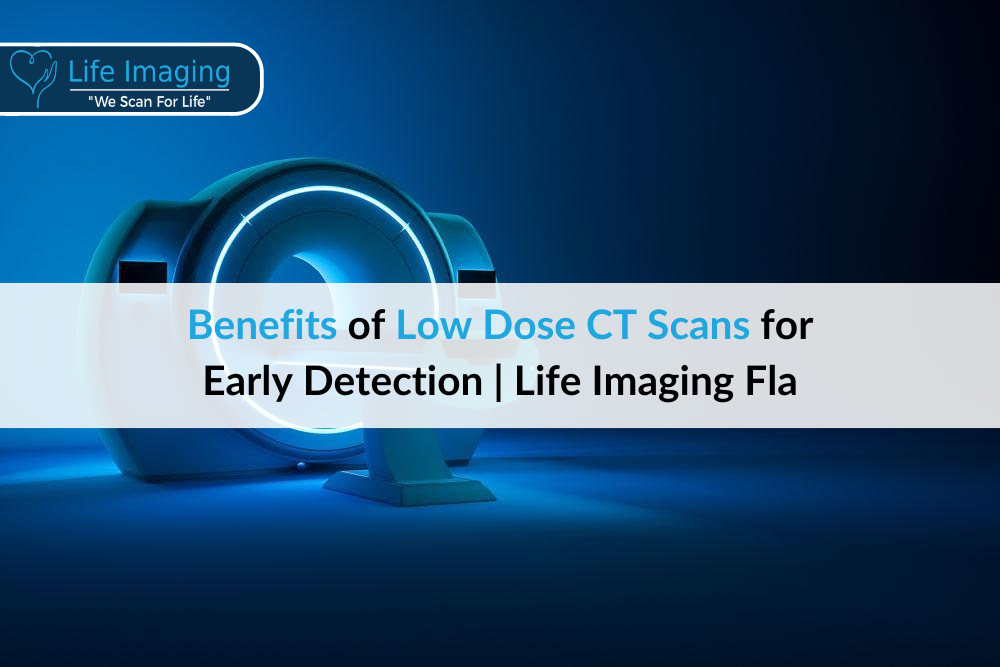
In the realm of medical imaging, advancements in technology have
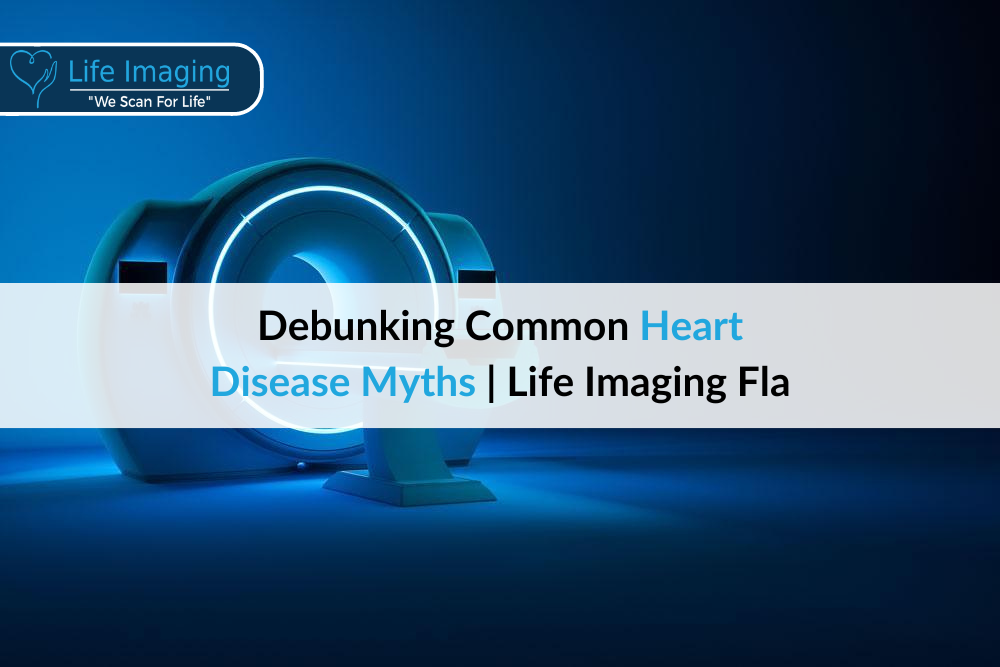
Heart disease remains one of the leading causes of death

Call to Schedule a Consultation
855 700-(SCAN) 7226
855-700-7226
Appointments: 954-834-6362 | Phone General inquiries: 954-834-6362
Address: 1981 W Hillsboro Boulevard, Deerfield Beach, FL 33442
Copyright © 2024 Life Imaging – All Rights Reserved
Developed by Growth360Partners

of our new location!
June 1, 2024
3:00pm – 6:00pm
2344 S Douglas Road, Coral Gables, FL 33134
Special Offers | Chance to win one of 5 full body scans, valued at $3,995 each.